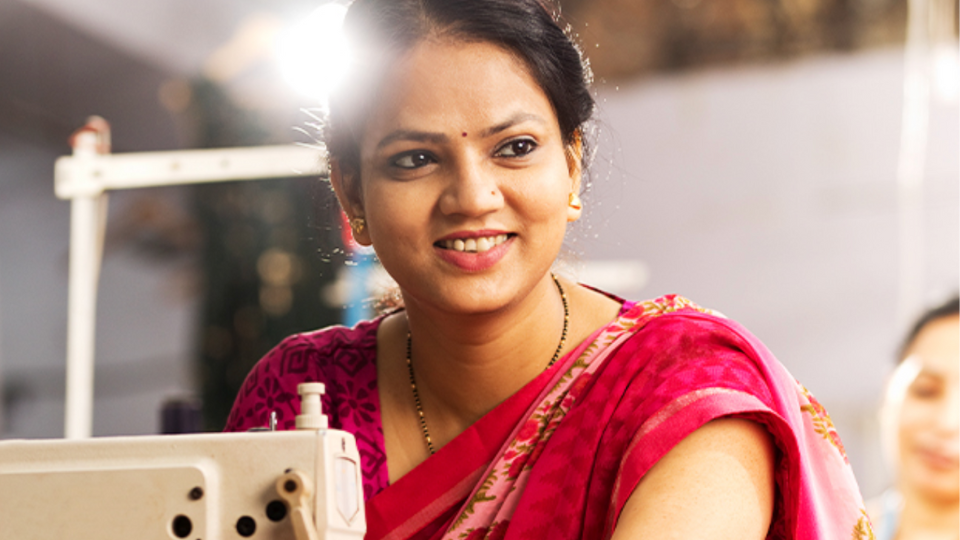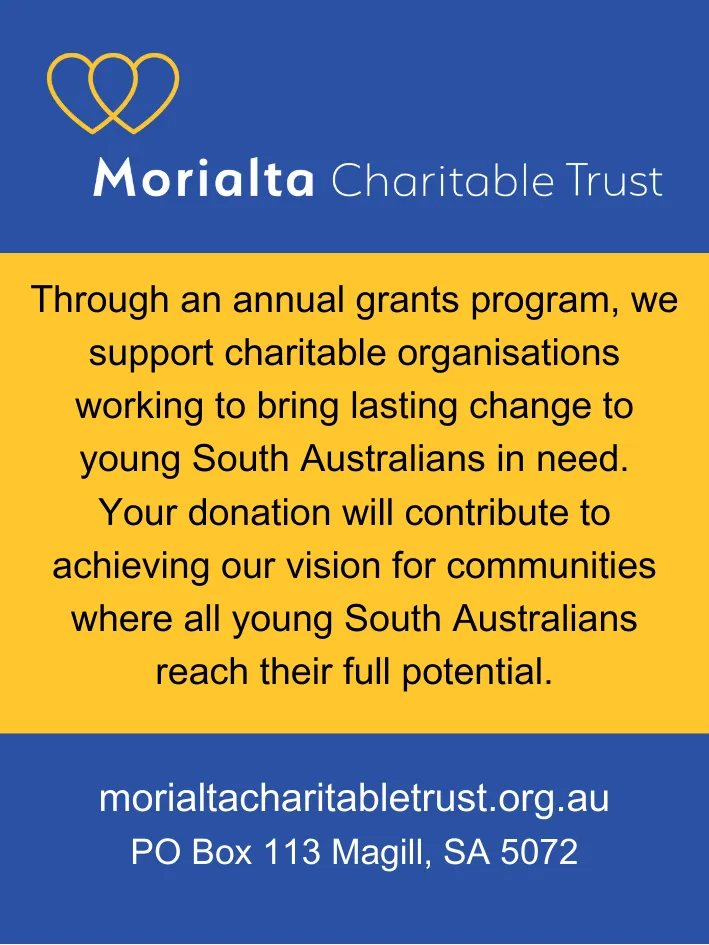- Baptist World Aid’s 2023 Special Edition Report finds fashion companies failing to follow-through on commitments in internal policies to protect and empower garment workers.
- Worker empowerment outcomes—particularly freedom of association, living wages, and raw materials monitoring—have failed to progress significantly in ten years, leaving many vulnerable workers in poverty without a collective voice or agency to change their circumstances.
- Twenty-five fashion companies assessed consecutively since 2013 averaged 43.6 out of 100 on the ethical benchmark, outpacing the full clothing industry[1] assessed in 2022 which averaged 32, demonstrating positive impact of consistent public scrutiny.
Australia, 20 April 2022: Ahead of the tenth anniversary of the Rana Plaza collapse which shocked the world and killed over 1,100 Bangladeshi workers, Baptist World Aid has released a special edition Ethical Fashion Report tracking ten years of ethical sourcing progress in the fashion industry.
The report, which is the first of its kind produced by Baptist World Aid, leverages ten years of research data and analyses the progress of 25 companies assessed in 2013 and again in 2022 against a range of criteria focused on worker exploitation and modern slavery. It found that this group of companies outperforms the full 2022 clothing cohort by an average of 11 points, highlighting the impact of consistent public scrutiny placed on companies since 2013.
However, despite progress in areas which companies closely control like policy development and supply chain tracing and transparency, meaningful outcomes for workers in sourcing countries are severely lagging. Most of the companies assessed are still unable to evidence substantial worker empowerment initiatives like unionisation, collective bargaining agreements, or living wages in their supply chains, giving workers little agency to speak out against exploitation or break out of the poverty cycle often reinforced by low wages.
Sarah Knop, Advocacy Manager at Baptist World Aid said, ‘Fashion companies can no longer hide behind their policies and public commitments. It’s been ten years since the Rana Plaza collapse devastated the families of garment workers in Bangladesh and awoke shoppers to the exploitation faced by the people who make our clothes. There remains a huge gap between what companies have committed to on paper and what’s actually happening for workers. So we’re calling on fashion companies to collaborate widely with industry, government and civil society to create genuine systemic change over the next decade. Workers can’t wait any longer.’
Of 25 companies assessed in 2013 and again in 2022:
Most improved companies from 2013
- Kmart: 2013 D, 2022 Top 20%
- Lacoste: 2013 F, 2022 Top 40%
- David Jones: 2013 F, 2022 Top 40%
- Lululemon: 2013 C-, 2022 Top 20%
- VF Corp: 2013 C+, 2022 Top 20%
Least improved companies from 2013
- Forever 21: 2013 D-, 2022 2022 Bottom 20%
- Abercrombie & Fitch: 2013 D+, 2022 Bottom 40%
- Sussan Group: 2013 C-, 2022 Middle 20%
- Myer: 2013 D+, 2022 Middle 20%
- Just Group: 2013 D-, 2022 Middle 20%
Paper policies not cutting it
Amongst companies assessed in both 2022 and 2013, 84% now have a Code of Conduct aligned to international best practice standards on workers’ rights such as elimination of child labour, freedom of association, and the right to collective bargaining—an improvement from just 28% of these companies in 2013. But moving policies beyond paper and into practice paints a different picture of progress. While most companies publicly state that they’re supportive of initiatives like freedom of association, few can genuinely evidence this occurring in their supply chains. In 2013, three quarters of all companies assessed had ‘freedom of association’ listed in their code, and in 2022, this remained high. But of the entire company cohort assessed in 2022, just 5% could evidence unions or collective bargaining agreements present for over three quarters of their suppliers. This leaves workers unable to raise concerns or advocate for their rights, like Channa, a Cambodian garment worker, who states ‘I got a job, but I had to quit because they were suppressing workers’ rights and exploiting workers. They gave me little pay, but I had to take it because I needed to buy formula for my baby.’
Modern slavery risk high for supply chain workers despite greater traceability
‘Most of the factories I worked in had child labour.’ Aleya, 35, from Bangladesh said, ‘When the buyers or compliance officers visited the factory, they used to hide all the children on the roof or in some rooms. The factories gave them the same salary as a helper, but the supervisors would verbally abuse them and make them work overtime.’
More companies have invested in tracing supplier locations in the past decade, which is an essential first step to ensure appropriate human rights and environmental safeguards can be put in place. Of the 25 companies assessed in both 2013 and 2022, those with visibility of more than three quarters of Inputs suppliers (such as fabric mills) improved from 28% in 2013 to 52% in 2022. But despite progress in tracing for Final Stage and Inputs suppliers, companies continue to perform poorly on Raw Materials (like cotton farms), where the highest prevalence of modern slavery exists. Amongst the 25 companies assessed in both 2013 and 2022, just 28% knew where the majority[2] of their Raw Materials came from in 2022, in contrast to zero in 2013.
Beyond tracing, monitoring ensures conditions at supply facilities are meeting the standards laid out in company policies. ‘Of the 25 companies assessed in 2013 and 2022, zero could evidence annual monitoring for at least three quarters of their raw materials suppliers in 2013. In 2022, this remains unchanged, meaning companies are unable to put in place safeguards to protect some of the world’s most vulnerable and exploited workers,’ Knop said. ‘However, there is monitoring occurring for lower percentages of Raw Materials suppliers. In 2022, 76% of these companies could evidence monitoring for up to one quarter of suppliers. This can be attributed to an increase in the use of certifiers in recent years such as Better Cotton.’
Global citizens invited to join the call to act
Australians are some of the world’s biggest consumers of clothing, with the average person purchasing 14.8kg or 56 items of new clothing per year. Baptist World Aid is inviting the public to use their power to help push the fashion industry to become one that respects its workers and the planet by using their Speak Out tool which enables shoppers to send pre-written emails to brands, imploring them to do better.
For more information and any media enquiries please contact:
Meredith Benson | 0421 080 941 | [email protected]
[1] Clothing companies only, excluding footwear companies
[2] Majority defined as more than 75%.





